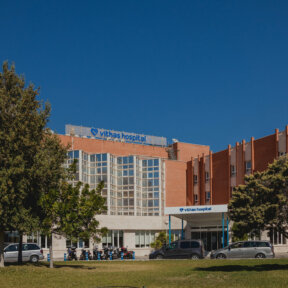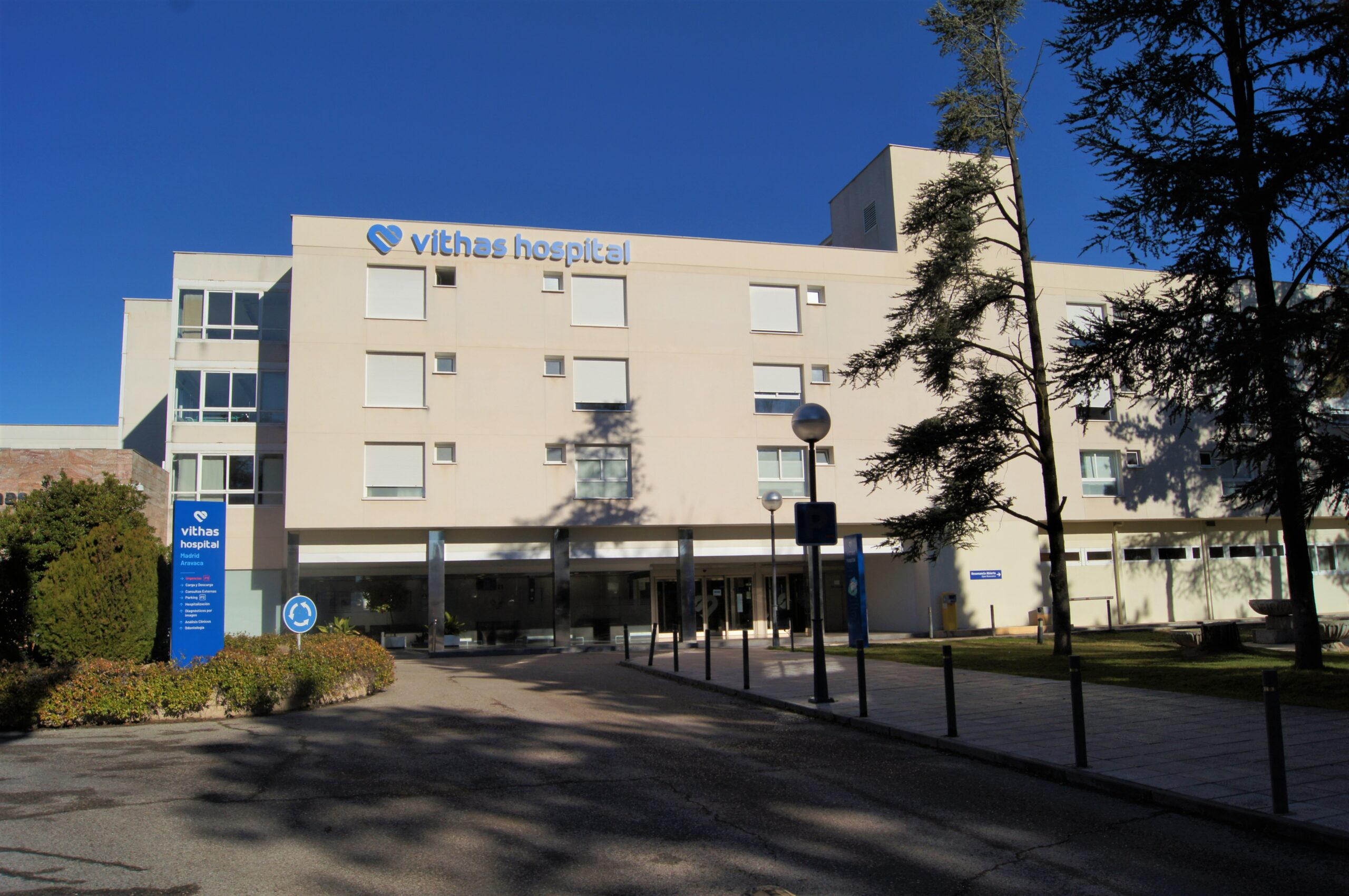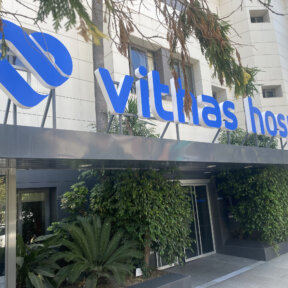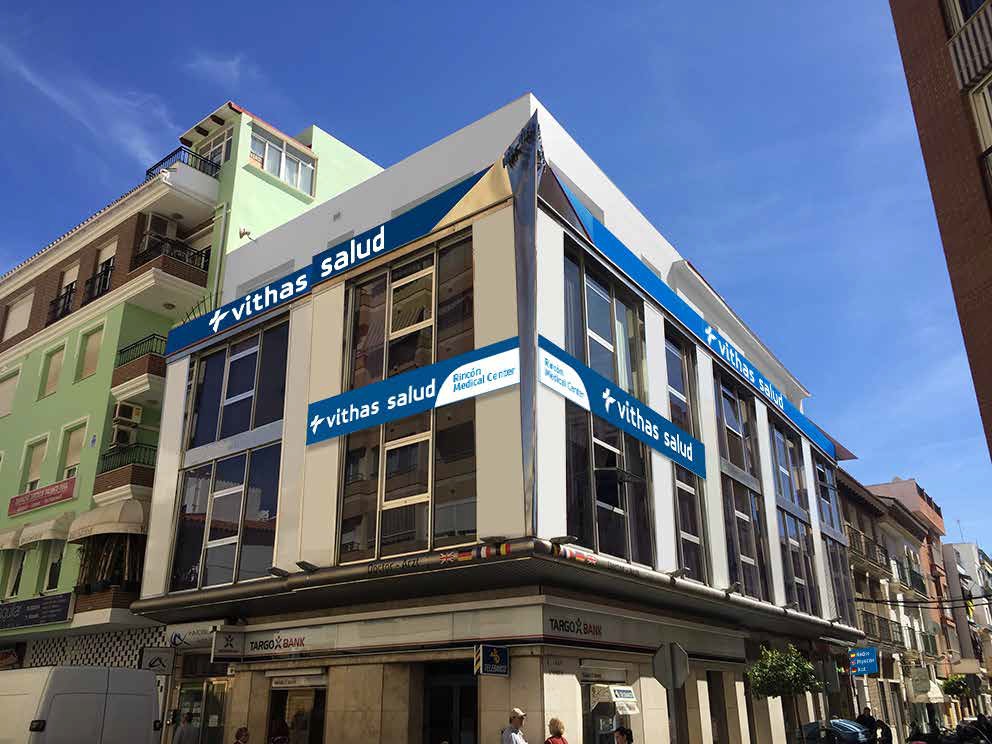What is speech and language therapy?
Speech and language therapy is the discipline that deals with the study, prevention, detection, assessment, diagnosis and treatment of human communication disorders, including voice, hearing, speech, language (oral, written, gestural) disorders and orofacial and swallowing function disorders.
The main aim of speech and language therapy is to restore speech and language as much as possible and equip patients with strategies to use their remaining functions as well as possible. These strategies are aimed at improving everyday communication.
Which patients is it for?
Speech and language therapy is for early care and children, adolescents, adults and the elderly. This discipline belongs to the field of education, health and social-health.
Speech and language therapy has multiple goals. Depending on the patient’s difficulties, a speech therapist can teach public speakers to breathe and speak correctly to prevent damaging their vocal cords, help children develop their language and/or articulation, reteach people with brain damage how to swallow, help people with aphasia communicate, and even teach deaf children how to recognise and classify sounds, etc.
Main conditions and diseases
- Aphasia
- Anomia
- Alexia
- Agraphia
- Acalculia
- Ideomotor apraxia
- Apraxia of speech
- Orofacial apraxia
- Anarthria
- Dysarthria
- Dysphonia
- Dysphemia
- Dysglossia
- Vocal cord hypotonia
- Unilateral vocal cord paralysis
- Dysphagia
- Facial nerve palsy
- Facial paralysis
- Syndromic conditions that involve communicative and linguistic problems (LD, ASD, SSD, etc.)
- Altered states of consciousness with communication problems (benefiting from an augmentative/alternative communication system) and/or dysphagia
Main diagnostic resources and technology
- Language: All aspects involved in both expressing and understanding language are assessed through different language tests.
- Speech and hearing: Through tests and an assessment of the orofacial and intraoral muscle status.
- Swallowing: Through swallowing tests, cervical auscultation and quantity and texture tests.
Main treatments
- Intraoral electrostimulation
- Facial electrostimulation
- Electrostimulation for dysphagia
- Transcranial direct current stimulation (tDCS) for aphasia
- Transcranial direct current stimulation (tDCS) for dysphagia
- Neurotape for facial and neck muscles
- Voice rehabilitation
- Language rehabilitation
- Speech and hearing rehabilitation
- Swallowing rehabilitation
Areas of specialisation
In addition to all the functions of speech and language therapy, NeuroRHB offers rehabilitation for patients in minimally conscious states.
Special services
Vithas has its own Neurorehabilitation Unit, NeuroRHB, which specialises in neurological damage in both adults and children.
NeuroRHB has speech therapists in its centres who work in coordination with the rest of the rehabilitation team. They specialise in neurological damage from early care to adulthood or old age.
In addition, we’re the only centre that specialises in patients in minimally conscious states.
Why come to our clinic?
The Vithas Speech and Language Service has the most specialised and innovative resources.
Our multidisciplinary team works in coordination offering a broader solution so that patients can live and function more independently after brain damage.
FAQs
When should my child say his/her first words?
Typically between 12 and 23 months of age your child should be using 10 or more words.
Do speech and language therapists work on swallowing?
Yes, speech and language therapists specialise in swallowing, both for newborns and adults after stroke. They also deal with atypical swallowing, which influences the state of teeth.
Should I see a speech and language therapist after a stroke?
It is recommended to see a speech and language therapist post-stroke to assess language and swallowing. This is particularly important as most post-stroke deaths are caused by pneumonia resulting from poor swallowing.
Is it normal for my child not to speak at two years old?
If your child is not speaking at two years old, you may want to take them to a speech and language therapist to assess their language and development and obtain a diagnosis that will help with their evolution.
What does it mean if my baby is having difficulty sucking my breast?
This could be due to a deficiency in the frenulum of the tongue or orofacial difficulties. You may want to take him or her to be assessed by a specialist speech therapist.
Should I see a speech and language therapist if my child isn’t relating with peers?
It’s important your child learns how to share and how to involve their peers when they play. A speech and language assessment determines how the child uses language and whether pragmatic work is needed.
Is it normal to choke on liquids?
No. If you usually choke on liquids, your larynx may not be closing properly or may not be strong enough to do so. In this case, it is recommended to see a speech and language therapist to assess swallowing.
What does it mean if it hurts when I swallow?
Odynophagia is a condition requiring professional treatment. A speech and language therapist can assess which level of the swallowing stage is affected and help rehabilitate it.
Should I see a speech and language therapist if I’m unable to access words after a stroke?
Yes. Difficulty accessing words after a stroke is common and a speech and language therapist can give you strategies to help recover those “forgotten” words.
Should I see a speech and language therapist if it hurts when I speak?
Yes. Misuse and/or abuse of the voice weakens the vocal cords and can lead to serious consequences such as nodules or oedemas.
Should my child be able to pronounce the letter “r” at 7 years old?
Yes, the /r/ sound should be mastered by 6 years old. It is important to see a speech and language therapist as this isn’t only an articulatory problem but a phonological awareness problem, which will significantly influence expressive and written language. This can also affect literacy.
Can a speech and language therapist help my child with an alternative communication system?
Yes, when oral language is not possible, there are alternative and/or augmentative communication systems that help patients communicate more independently and effectively on his/her own.









